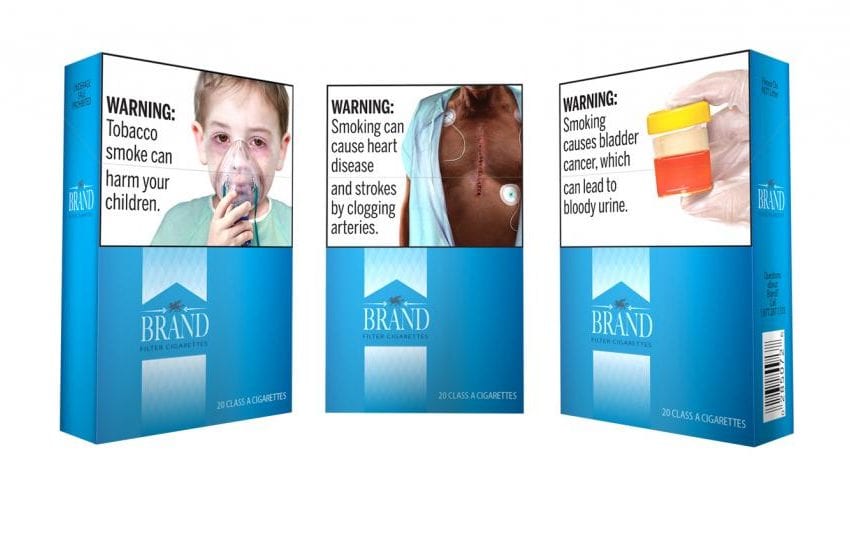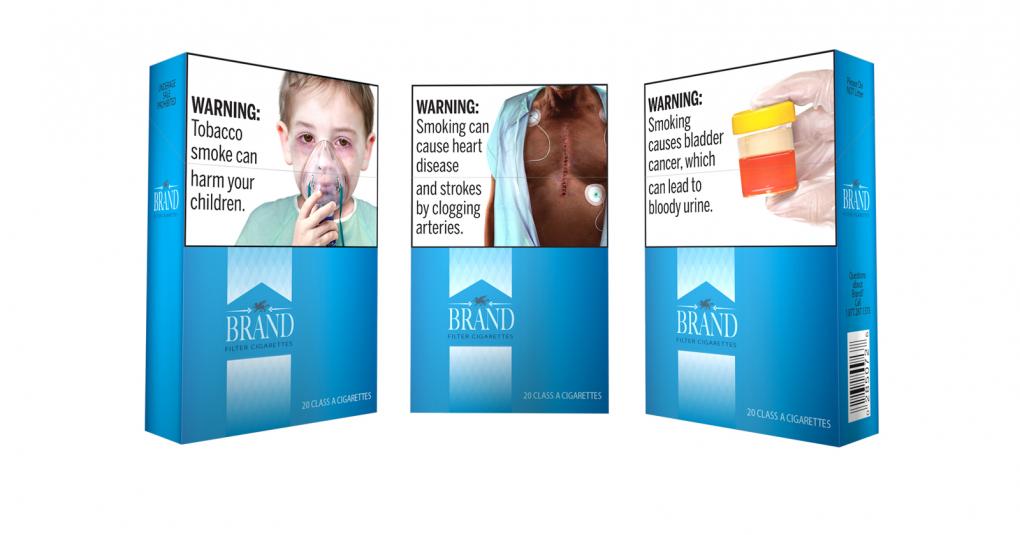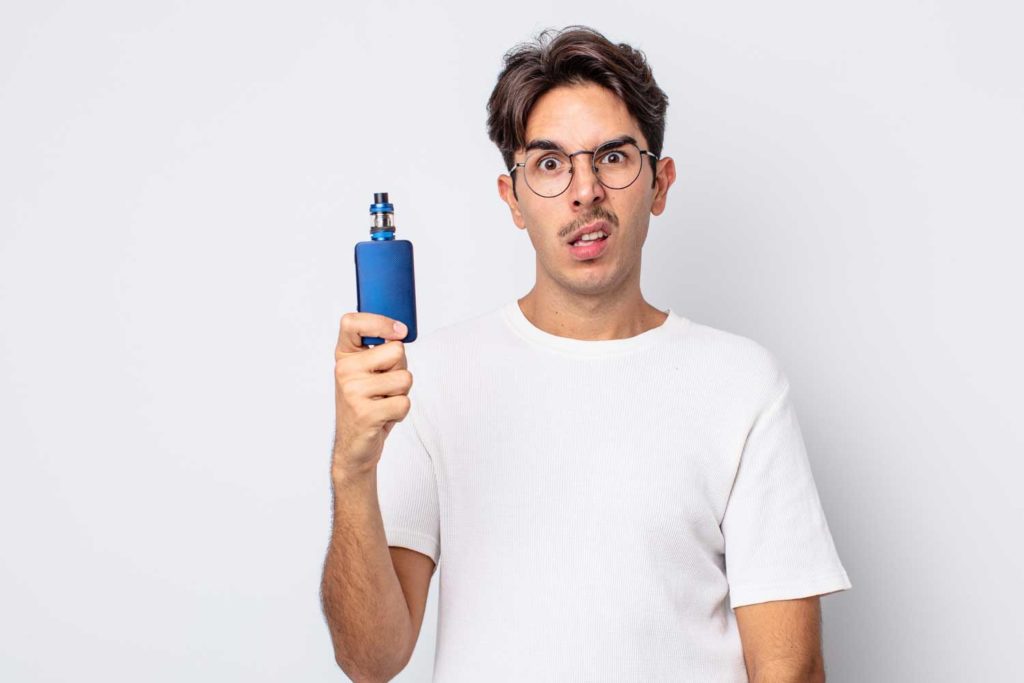
Confusion about smokefree alternatives is preventing many smokers from quitting smoking according to a global survey, reports Arab News.
Commissioned by Philip Morris International and conducted by Povaddo, the study surveyed nearly 30,000 people in 26 countries. The researchers found that many adult smokers remain unaware that alternatives to cigarettes exist, are unable to access them, or are confused by conflicting information that prevents them from making an informed choice.
The survey showed that despite the science backing up smokefree alternatives, there was public confusion surrounding these products, such as heated tobacco products or e-cigarettes.
Thirty-three percent of the respondents cited a lack of information about how these products differ from cigarettes and 35 percent said they were unsure about the science behind these new products.
The survey found that 32 percent of smokers have easier access to cigarettes and so don’t switch to alternatives.
“The findings of the survey show there is confusion about smokefree products. For those adults who would otherwise continue to smoke cigarettes, having access to evidence-based information about smoke-free products is critical,” said Tarkan Demirbas, area vice-president for the Middle East at PMI.
According to the World Health Organization, there are more than 1 billion smokers in the world today, and this number is expected to stay steady until 2025.

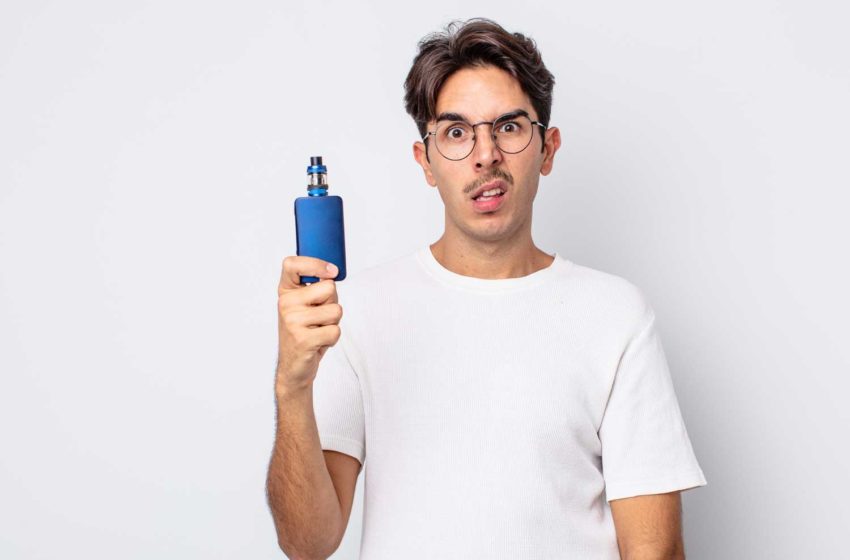

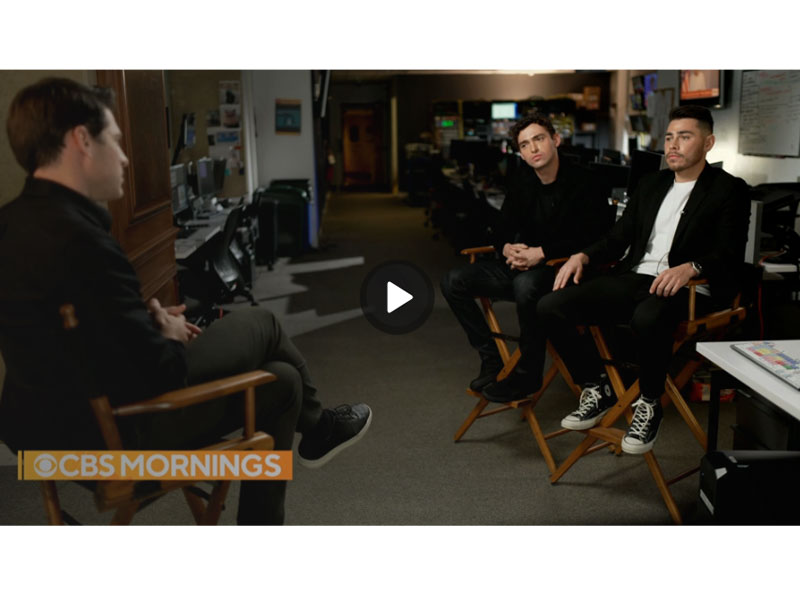








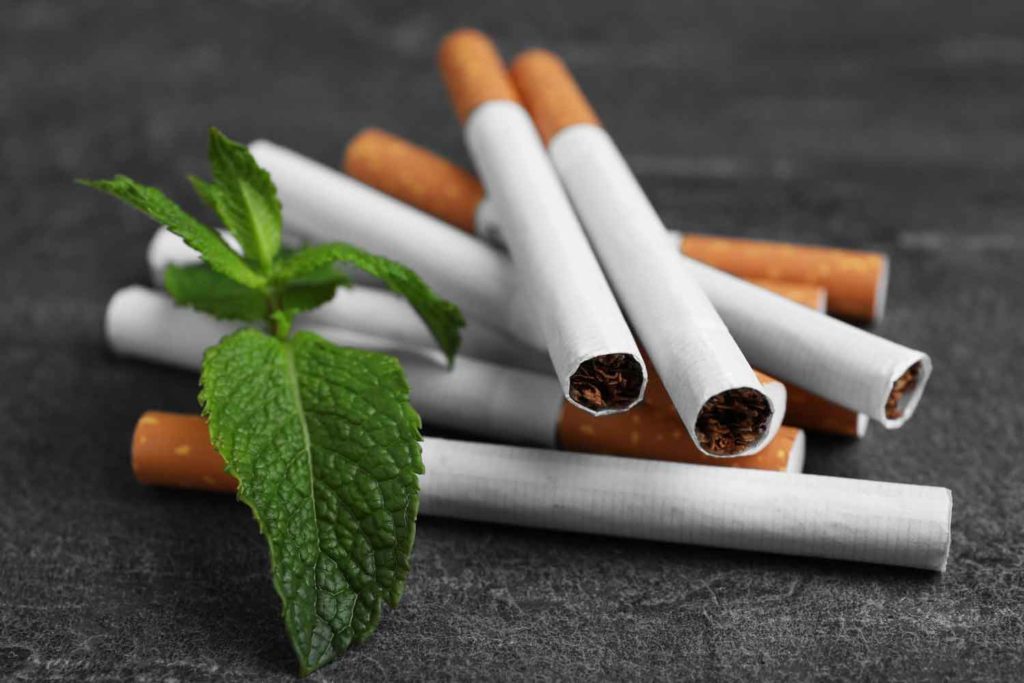
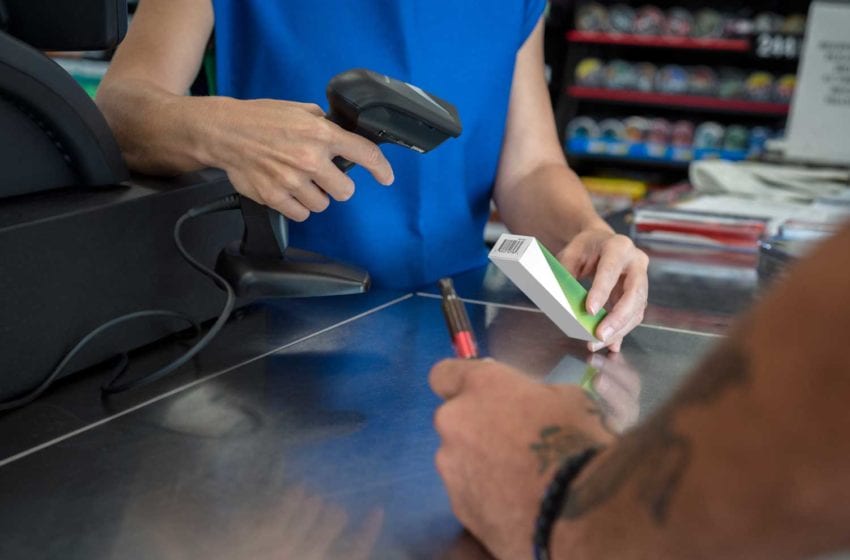


 Tobacco harm reduction (THR) advocates have handed out “Good COP, Bad COP” awards following the ninth Conference of the Parties (COP9) to the World Health Organization Framework Convention on Tobacco Control (FCTC) from Nov. 8-12.
Tobacco harm reduction (THR) advocates have handed out “Good COP, Bad COP” awards following the ninth Conference of the Parties (COP9) to the World Health Organization Framework Convention on Tobacco Control (FCTC) from Nov. 8-12.